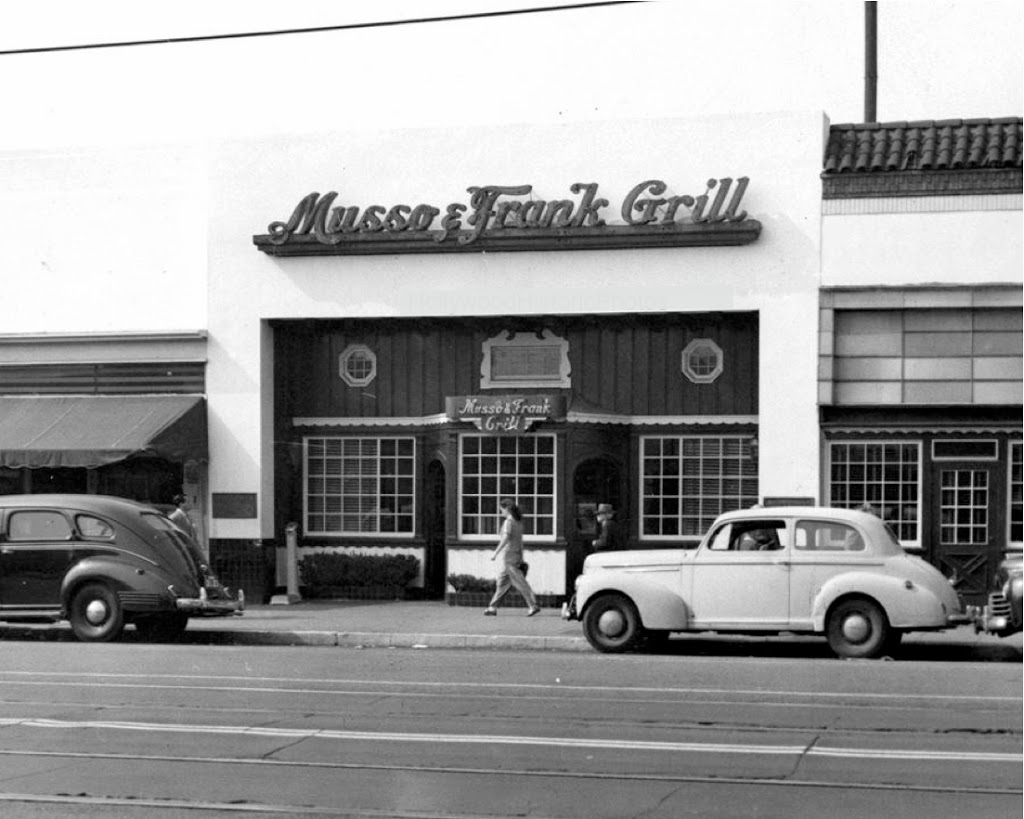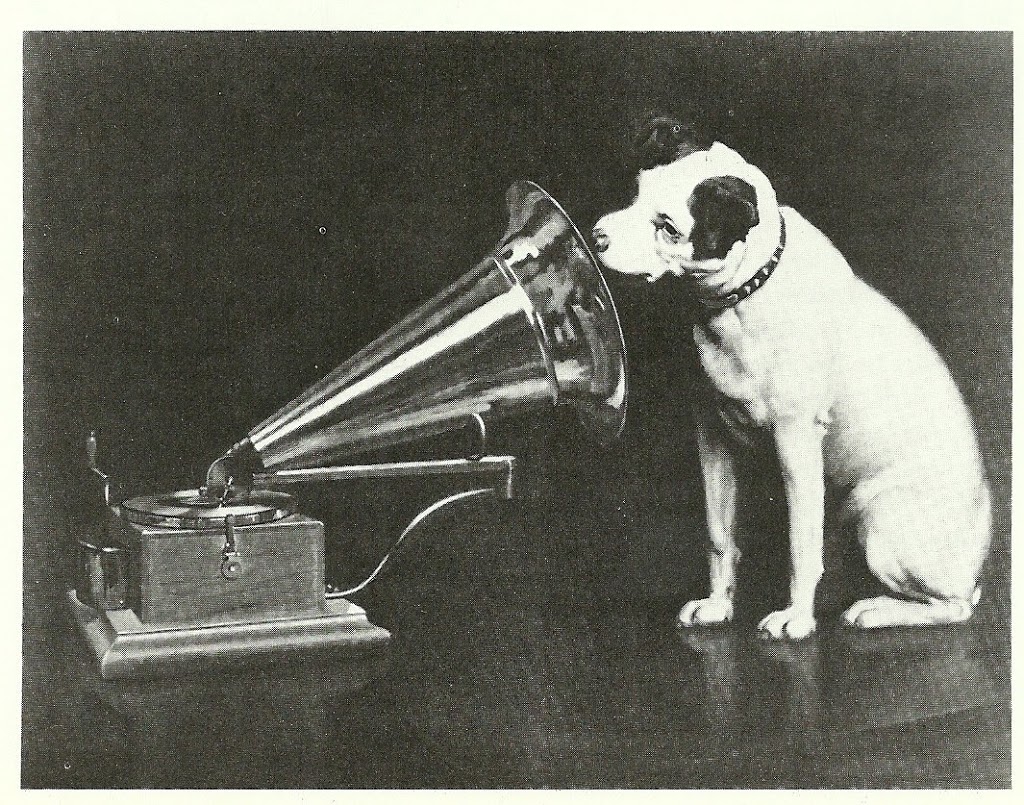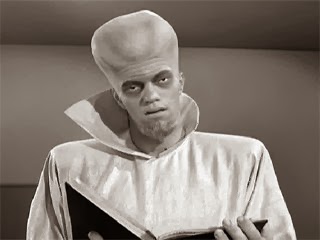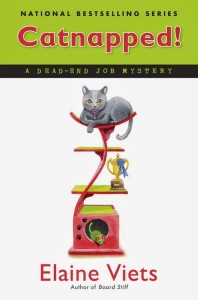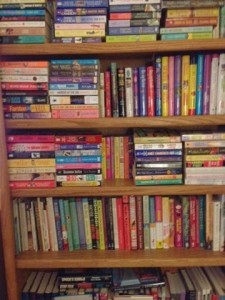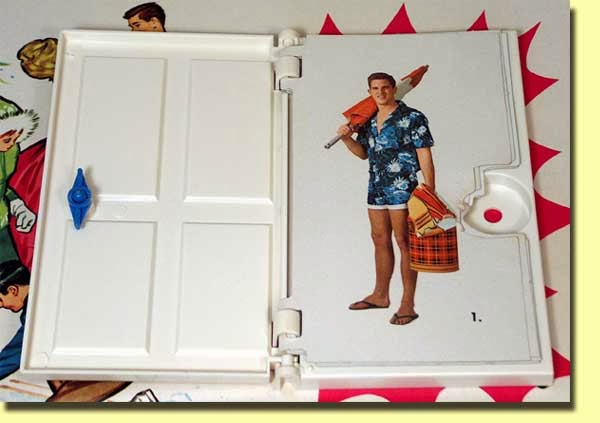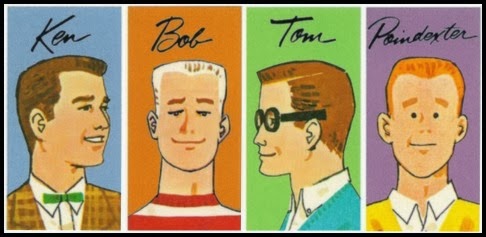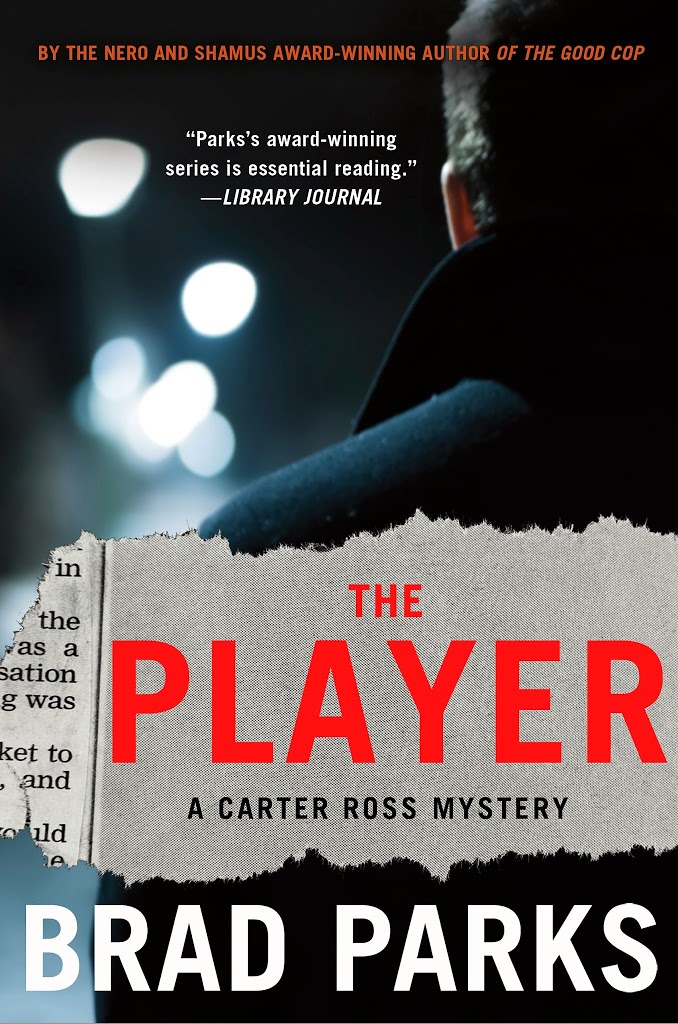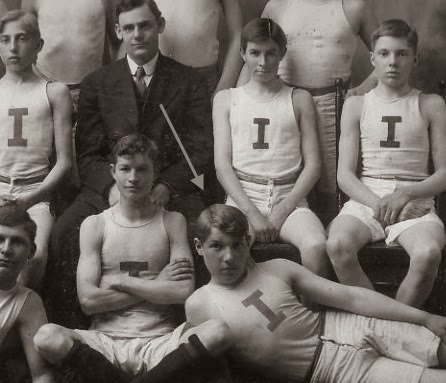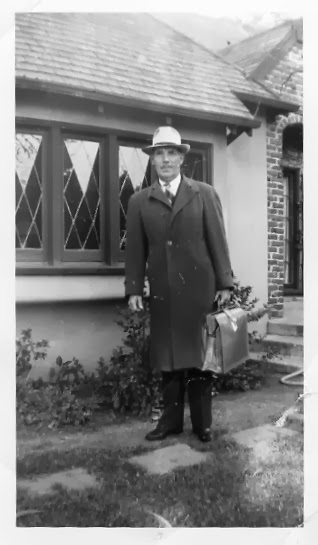@jamesscottbell
There was a bit of a dustup recently over the issue of who should be “allowed” to be called an “author.” The incendiary post can be found here. A response, here.
Personally, I’ve always preferred the term writer. But I think it does come with a qualification. That is the subject of this post.
One comment I’ve often seen is, “Writers write.” Or, “If you write, you’re a writer.” That always reminds me of Jack Torrance in The Shining, and his page after page of All work and no play makes Jack a dull boy. That ain’t writing, it’s typing.
If someone takes a nine iron, with no clue how to grip it or swing it in any reliable manner, and goes out hacking up perfectly good grass day after day after week after year, I would not call that person a golfer. To play golf so it doesn’t harm flora, fauna or people on the next fairway requires at least minimal practice and instruction.
This kerfuffle over labels reminded me of a journal handed down to me by a family friend, written sometime in the 1940s. It is the unpublished memoir of a pulp writer named William “Wild Bill” Armbrewster, who was born in 1893 and made his bones with the legendary Black Mask. Note: This paragraph is fiction. I made up Armbrewster the other day and typed out the following entry. I like the guy. I may bring him back in a future post. In any event, here’s a clip from his journal.
The afternoon crowd at Musso’s was loud and obnoxious, like a haberdasher with a hangnail. I sat in the corner with my typewriter, pounding away at the new story for Black Mask. It was fighting me. It was pummeling me into the canvas. I was a bleeding mess. So I gave the business to my Martini and cursed the page mocking me from the roller. That’s when I noticed the kid.
He was just standing there, holding his hat. He was maybe twenty-two, twenty-three, which made him a kid to me.
“Are you Mr. Armbrewster, the writer?” he said.
“Right now I’m Mr. Armbrewster, the stinker. Who are you?”
“My name’s Benny. Benny Wannabe.”
“So?”
“May I sit down?”
“If you buy me a drink. See that man over there behind the bar? In the red coat? His name is Joe. Go tell him to make another for Mr. Armbrewster and then you can sit.”
The kid romped off like a happy puppy. I looked at my typewriter and tried to make my detective say something witty. But he just sat there, the piker.
The kid came back and set a fresh one before me.
“Now, what can I do for you?” I said.
“Well, I…I’m a writer. I’ve read every story you’ve ever written. I think you’re the best. Even better than Hammett and Chandler.”
I was starting to like this kid.
“And I just wanted to meet you,” he said. “Somebody at the hotel said you like to work here, and so I took a chance and here you are.”
“You say you’re a writer, eh?”
“That’s right.”
“What have you written?”
“A short story.”
“One short story?”
He smiled, nodded. I took a snort of Martini. Then I popped the olive in my mouth, chewed, and scowled.
“Don’t call yourself a writer just yet, kid,” I said.
“But a writer writes,” he said. “So I’ve been told.”
I ripped the sheet I’d been working on out of the typewriter, crumpled it, and tossed it on the pile on the floor. “No,” I said. “A writer works.”
Benny Wannabe cocked his head, like that dog listening to the gramophone.
“Look, kid, it’s fine to want to write. It’s a hell of a business, though, and if you want to make any money at this thing, you have to work, and hard. You have to look at it as a craft, not some ethereal vapor dancing through your noggin, and sweat and fight until you figure out how to do it. Then you have to put your stuff out there, get rejected, fight some more and keep on writing and fighting and typing, until you die.”
“Gee,” Benny said.
I closed my eyes.
“I have my story with me!” The kid fished out some folded pages and handed them to me. I scowled again, then read the first paragraph.
The wind was a torrent that day, the day of my birth, the day of my beginning life’s sad yet remarkable sojourn, and the trees were golden with leaves that looked like little pots of gold with rainbows coming out of them, full of the promise of life and song and the iridescence of possibility. Suddenly, a shot rang out.
“I’m going to need another drink,” I said.
“Right away!”
When the kid came back I said, “Listen, Benny, do you really want to be a writer?”
He nodded.
“Not just so you can call yourself one. I mean, so you actually have a chance to make some lettuce at it. You do want to make lettuce, don’t you?”
“Oh, yes sir. I believe in lettuce.”
“Do you have a job, Benny?”
“I’m a writer!”
“Not yet you’re not. I mean, do you have any source of income?”
He shook his head.
“What are you using for dough?”
“My savings. I bought a train ticket, then got a hotel room down the street. The last of it I used on, um, your drinks.”
“You want my advice, Benny?”
“Oh, yes!”
I took a fin out of my pocket and slapped it on the table. “Buy yourself a train ticket home. Go back and get a job and marry the girl next door. Run for mayor or dog catcher. Join the Elks. Do anything but write.”
Benny’s face fell harder than Max Schmeling in the second Louis fight. He said nothing, trembled a little, and tears starting pooling in his eyes.
I looked at him for a long time. Fresh-faced kid, right off a turnip truck, but with a dream. Sort of like a kid I once knew a long time ago. Born in Cleveland, dropped out of college to ride the rails and see life, hoping to gather enough material to make himself a real writer, going off to war and coming home and writing for years without a sale, but never stopping because of the hunger for it, the love of it. I could see just a spark of that in the kid’s misty lamps.
“Okay,” I said. “You’ll need a job to keep a roof over your head. Go on over to Al’s Market on Sunset, tell him Bill Armbrewster sent you. Only don’t embarrass me.”
“I won’t, sir!”
“Then you agree to meet with me once a week, and write what I tell you to write, for a year. You willing to do that, Benny?”
“Yes, sir!”
“All right then. Now you can call yourself a writer. Take the fin. Go tell Joe we want a couple of egg-salad sandwiches and some soup. And between here and the bar make sure you grow a thick skin.”
“Yes, sir!”
I liked it that the kid’s enthusiasm was back, but enthusiasm only gets you so far in life. The ones who make it are the ones who can get kicked in the teeth, have all the stuffing knocked out of them, and still get up and come back typing.
If this Benny Wannabe could do that, he’d maybe make a real writer yet.
So what about you? When do you think someone should be called a writer?


